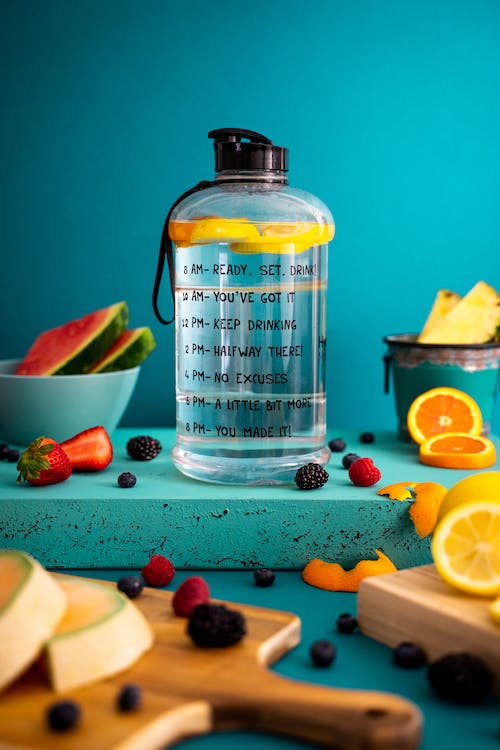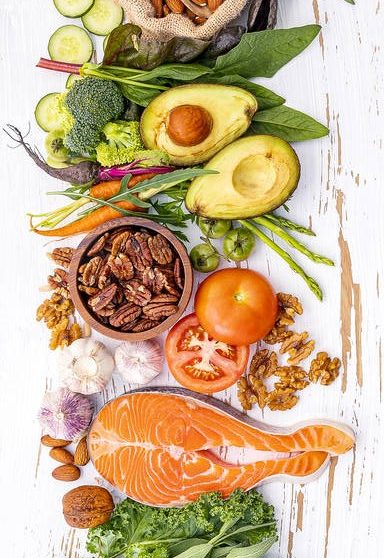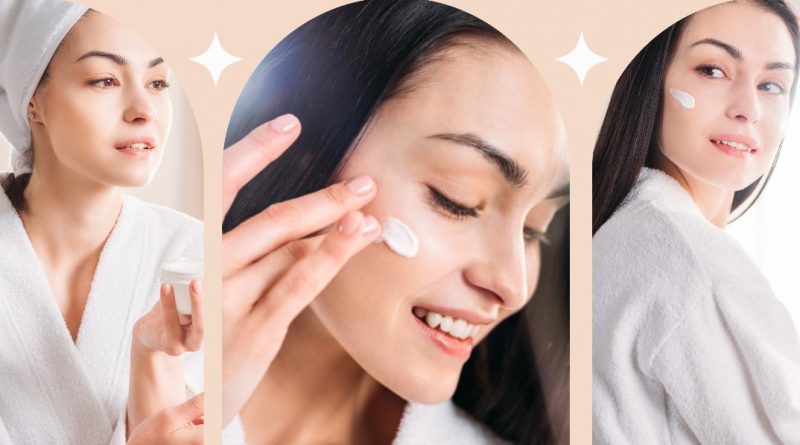The Benefits of Using a Moisturiser on Acne-Prone Skin
Moisturising is an essential step in any skincare routine, regardless of skin type. Even for acne-prone skin, which is often oily and prone to breakouts, using a moisturiser can provide numerous benefits. Here are some of the benefits of using a moisturiser on acne-prone skin:
- Hydrates the Skin: Moisturisers help to keep the skin hydrated, which is important for all skin types, including acne-prone skin. When the skin is dehydrated, it can produce excess oil to compensate, which can lead to clogged pores and breakouts. By keeping the skin hydrated, a moisturiser can help to prevent this from happening.
- Prevents Over-Drying: Many acne treatments, such as benzoyl peroxide and salicylic acid, can be drying to the skin. Using a moisturiser after applying these treatments can help to prevent over-drying, which can lead to irritation and more breakouts.
- Reduces Inflammation: Moisturisers can contain anti-inflammatory ingredients, such as aloe vera and chamomile, which can help to reduce inflammation and redness in acne-prone skin. This can be especially beneficial for those with inflammatory acne.
- Improves Skin Barrier Function: The skin’s barrier function is important for maintaining healthy skin. A damaged skin barrier can lead to increased water loss, which can make the skin more susceptible to irritation and infection. Using a moisturiser can help to improve the skin’s barrier function, which can help to prevent breakouts.
- Provides a Protective Barrier: Some moisturisers can provide a protective barrier on the skin, which can help to shield it from environmental aggressors that can contribute to acne. This can be especially important for those with sensitive skin.
Using a moisturiser on acne-prone skin can help to keep the skin hydrated, prevent over-drying, reduce inflammation, improve skin barrier function, and provide a protective barrier. When choosing a moisturiser for acne-prone skin, it is important to look for non-comedogenic, oil-free, and lightweight formulas that will not clog pores or contribute to breakouts.
Proper Hydration
To maintain proper hydration in acne-prone skin, it is recommended to drink plenty of water throughout the day, as well as using a hydrating serum or moisturiser with Hyaluronic Acid ingredients like hyaluronic acid, glycerine, or aloe vera. It is also important to avoid harsh weather conditions, drying ingredients, and hot water when washing your face to prevent over-drying and dehydration of the skin.
In addition to topical hydration, a balanced diet rich in fruits, vegetables, and healthy fats can also help to improve skin hydration levels. Omega-3 fatty acids found in foods like salmon, chia seeds, and walnuts, as well as vitamin C found in citrus fruits and berries, can all help to support healthy skin hydration and prevent dryness.
Proper hydration levels is an essential aspect of any skincare routine, especially for acne-prone skin. Incorporating hydration-boosting practices into your daily routine can help to keep your skin healthy, balanced, and less prone to breakouts and irritation.



Facial Massage for acne
Facial massage can be beneficial for acne-prone skin in several ways, including:
- Increased Blood Flow: Facial massage can increase blood flow to the skin, which can promote healing and nourishment. This can help to improve the overall health of the skin, making it more resilient and less prone to breakouts.
- Lymphatic Drainage: Facial massage can also stimulate the lymphatic system, which is responsible for removing toxins and waste products from the body. By improving lymphatic drainage, facial massage can help to reduce inflammation and swelling in acne-prone skin.
- Relaxation: Stress is a common trigger for acne breakouts. Facial massage can help to promote relaxation and reduce stress levels, which can in turn help to reduce the frequency and severity of acne breakouts.
However, it is important to note that not all types of facial massage are suitable for acne-prone skin. Aggressive massage or use of harsh techniques can exacerbate inflammation and irritation, leading to further breakouts. It is important to use gentle, circular motions when massaging the skin, and to avoid applying excessive pressure.
Additionally, it is important to use clean hands or a clean massage tool to avoid introducing bacteria to the skin, which can contribute to acne breakouts. Using a moisturiser or facial oil during the massage can also help to reduce friction and provide additional hydration to the skin.


